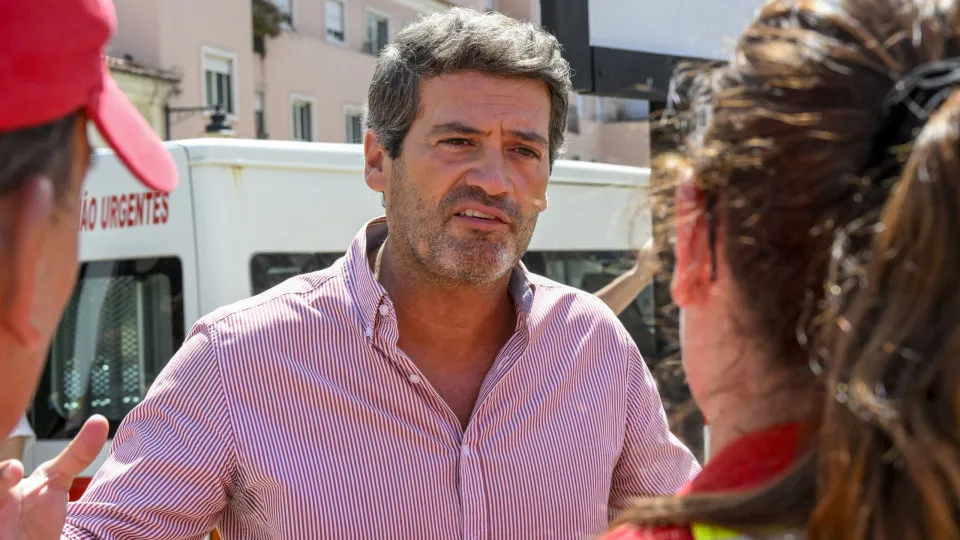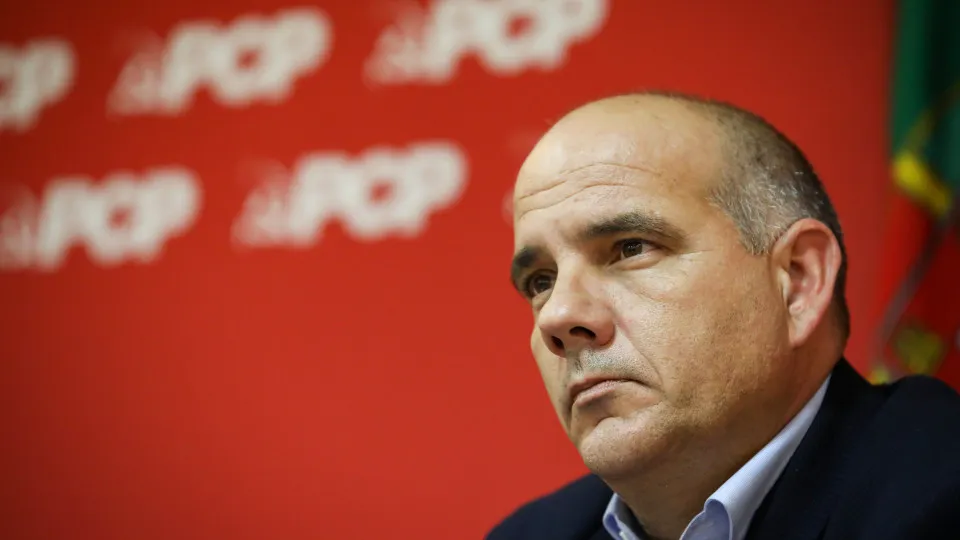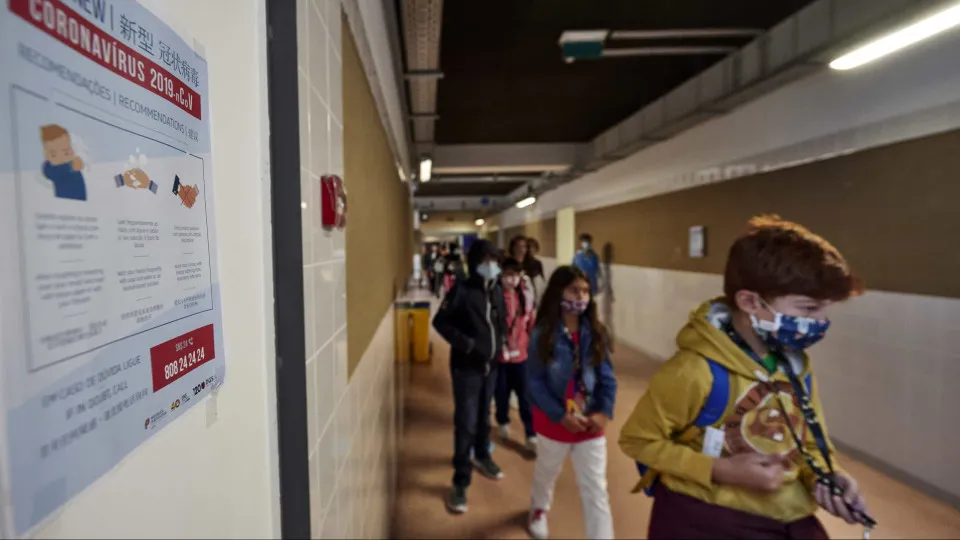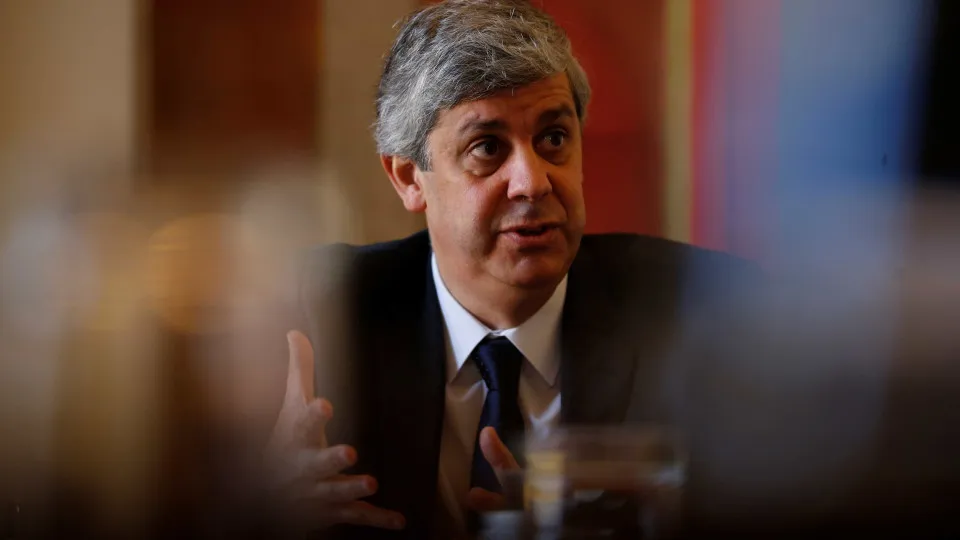
The proposal is scheduled for a general debate in plenary on October 17, and “appears to meet the formal requirements of admissibility provided for in the Constitution and the Rules of Procedure of the Assembly of the Republic.”
However, as drafted, it raises several issues of compliance with the Constitution, particularly with the right to personal identity and the principle of religious freedom.
“The initiative, by prohibiting clothing that obstructs the display of the face, may interfere with the right to personal identity and non-discrimination, as stipulated in article 26 of the Constitution, and with the principle of religious freedom, as provided in article 41 of the Constitution and the Religious Freedom Law,” warns the opinion from the Directorate for Parliamentary Activity Support.
According to the Rules of Procedure of the Assembly of the Republic, “bills or proposals for amendments that infringe the Constitution or the principles enshrined therein are not admissible.”
Nevertheless, soon after, the same opinion makes a caveat to justify the fact that this proposal was admitted for discussion: “Although some provisions of this bill seem to raise legal doubts about its constitutionality, they may be susceptible to elimination or correction during the discussion in the specialty.”
Since assuming the role of president of the Assembly of the Republic, José Pedro Aguiar-Branco, when faced with proposals with potential non-compliance with the Fundamental Law, has opted for an “exercise of a power-duty oriented towards preventing manifest violations of its precepts.”
In his view, rejection of admission “should only target proposals that present a blatant, irremediable, and insurmountable violation of the Constitution, that is, those whose grounds cannot be corrected or remedied during the legislative process—a process that is sufficiently dynamic and flexible to allow for the correction of failures and the adaptation of norms to constitutional requirements.”
Regarding this proposal from Chega on the prohibition of face covering in public spaces, the Constitutional Affairs Committee sought opinions from various entities, notably the Bar Association and the Superior Council of the Public Prosecution Service.
The Bar Association considered that, “as currently formulated, it does not fundamentally respect the ‘right of conscience, religion, and worship, enshrined in the Constitution of the Portuguese Republic.'”
This constitutional provision states that it is “inviolable, stipulating that ‘no one may be persecuted, deprived of rights, or exempted from civic obligations or duties on account of their beliefs or religious practice.’
“Furthermore, it is enshrined in the same constitutional provision that no one may be questioned by any authority regarding their beliefs or religious practice, except for the collection of non-individually identifiable statistical data, nor be prejudiced for refusing to answer. Therefore, by not exempting clothing use for religious reasons or worship, but rather aiming for its prohibition from the very justification of the proposal, this legislative project may jeopardize that constitutional right, freedom, and guarantee,” concludes the Bar Association.
Meanwhile, the Superior Council of the Public Prosecution Service considers that “both the devised objectives and the proposed norms present legal issues that compromise their compliance and respect for constitutional and legal precepts.”




